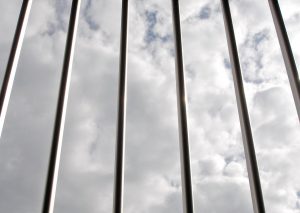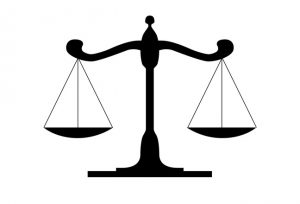 In Josh J., a juvenile v. Commonwealth, the SJC ruled “that where an individual has been released on bail pursuant to G.L. c.276, §58, and there is probable cause to believe the individual committed a crime while released on bail, the Commonwealth may seek to revoke bail under either §58 or §58B.”
In Josh J., a juvenile v. Commonwealth, the SJC ruled “that where an individual has been released on bail pursuant to G.L. c.276, §58, and there is probable cause to believe the individual committed a crime while released on bail, the Commonwealth may seek to revoke bail under either §58 or §58B.”
The background was as follows. “On May 6, 2016, a delinquency complaint issued charging the juvenile with [two offenses]. A judge in the Juvenile Court set the juvenile’s bail at $1,000…. The juvenile posted bail and was released. In August, 2016, two delinquency complaints issued against the juvenile for several new crimes he allegedly committed while on release on the pending charges…. In November, 2016, based on the new charges, the Commonwealth sought to revoke the juvenile’s bail pursuant to G.L. c.276, §58. A Juvenile Court judge allowed the Commonwealth’s motion, revoked the juvenile’s bail, and set a date for a bail review hearing on January 30, 2017, which amounted to a ninety-day bail revocation. By January 10, 2017, the charges stemming from the juvenile’s conduct while he was released on bail had been resolved. The juvenile continued to be held on the original charges, however, so he moved to vacate the bail revocation order, but the judge who had revoked bail denied that motion. In response, the juvenile filed an emergency petition … pursuant to G.L. c.211, §3.” He “claim[ed] that the judge erred in applying the ninety-day revocation period under … c.276, §58B, as opposed to the sixty-day revocation period under … c.276, §58, after finding probable cause to believe that the juvenile had committed a crime while released on bail under §58. The crux of the juvenile’s argument is that because bail can be revoked under either §58 or §58B, where an individual commits a crime while on release, the statutes create an ambiguous bail revocation framework, and therefore, the rule of lenity requires the application of the sixty-day revocation period under §58.” The single justice reserved and reported the juvenile’s petition to the full SJC. Continue reading →
 Massachusetts Criminal Lawyer Blog
Massachusetts Criminal Lawyer Blog










